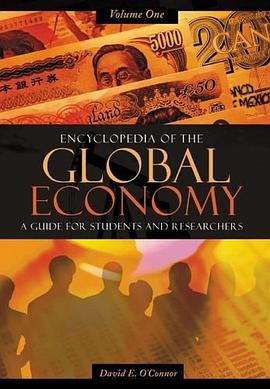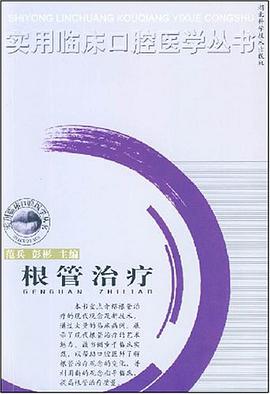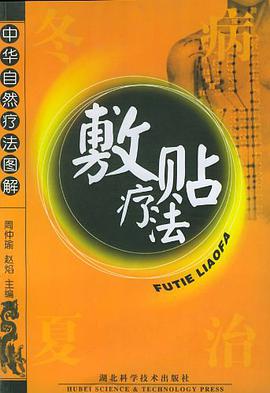

具体描述
History is preserved by individuals. Ernest M, Kongola, a retired educator living in Dodoma, Tanzania, has devoted much of the last twenty years to preserving the history of his people, the Gogo. He has produced seven volumes of clan histories, biographies, accounts of important events, and descriptions of customs and traditions. Maddox demonstrates how the past is constructed by critical actors like Ernest Kongola as part of an ongoing process of constructing the present. Kongola participates in the construction and maintenance of a truly post-colonial social order. His work as a public historian, as much as his written narratives, shapes the role of history in the region, In his projects, he seeks to harmonize three different versions of the past. One defines community created by ties of blood and located in a specific place. A second characterizes history as the development of the modern nation. The third seea history as the struggles to attain a "state of grace" with the devine. Kongola seeks to place his community, which he defines as family and "tribe," within the context of the Tanzanian nation, within the moral and spiritual order of Christianity, and within a global society. By "performing" history as a public figure, he defines more than just himself and his place in the social order of modern Tanzania; he defines his class. He He consciously seeks to redefine social norms and cultural practices and to regularize them with Christianity and secular nationalism. In doing so he participes in the creation of both a national, Tanzanian modernity and a particular, Gogo one.
作者简介
目录信息
读后感
评分
评分
评分
评分
用户评价
相关图书
本站所有内容均为互联网搜索引擎提供的公开搜索信息,本站不存储任何数据与内容,任何内容与数据均与本站无关,如有需要请联系相关搜索引擎包括但不限于百度,google,bing,sogou 等
© 2026 book.wenda123.org All Rights Reserved. 图书目录大全 版权所有




















